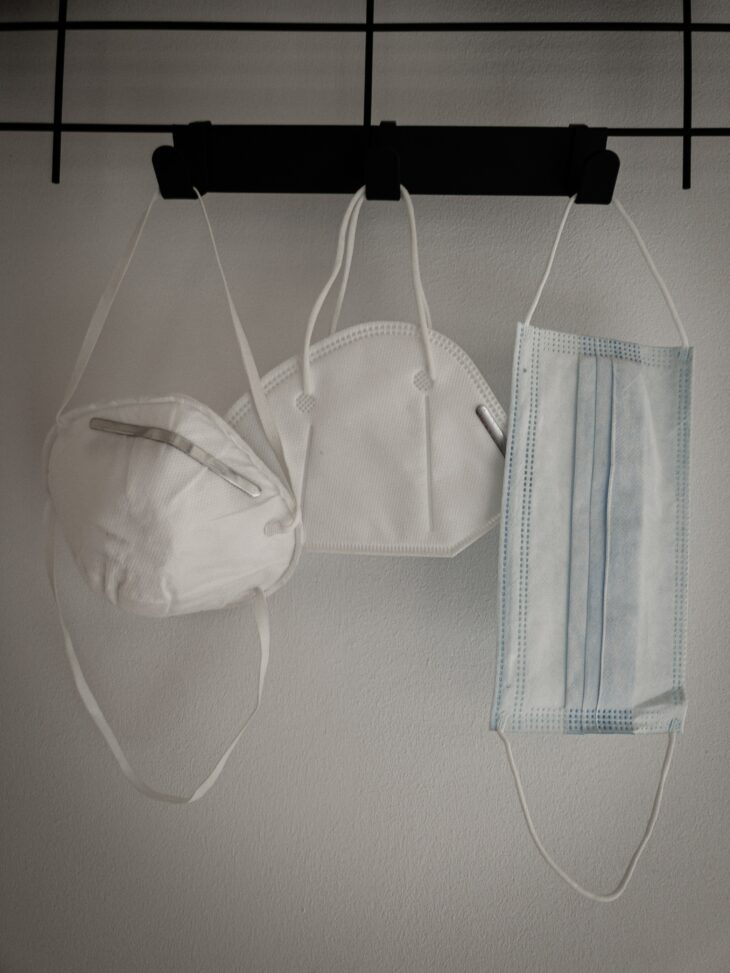Doctors often study how people recover from viruses and disease to look for any long-term effects. Following the recent global pandemic, the long-range consequences of COVID-19 have not been thoroughly studied. So scientists want to examine how the immune system reacts in patients recovering from COVID-19.
Researchers have previously found that after being infected with COVID-19 people often experience persistent changes in white blood cells and other key components of their immune system, called T-cells. T-cells kill infected cells and regulate other immune functions. When T-cells are constantly stimulated by fighting infections, or hyperactivated, they can become less effective. Hyperactivated immune cells can also cause inflammation in various parts of the body, like the lungs and joints.
Scientists have found prolonged immune activation in some people with respiratory infections like the common flu can also cause longer-lasting and more serious infections. A team of scientists at the University of Alabama wanted to test whether a similar immune response occurs in COVID-19 patients. They examined markers for immune cell activation in the blood of patients infected with COVID-19, to test whether immune changes like those found with other respiratory viruses also occur with COVID-19.
The researchers took blood samples from 46 hospitalized and 64 non-hospitalized patients infected with COVID-19, to study their immune reactions. They also included a control group composed of 20 COVID-19-negative people.
The researchers analyzed particles in the patients’ blood samples using a method called flow cytometry. They also measured white blood cell counts and identified specific immune activity in the blood with a method called immunotyping. The researchers used these methods to find certain markers within immune cells that reveal how well the immune system is reacting to the virus.
The researchers categorized the patients by their stage of infection and how severe it was. They found people hospitalized with COVID-19 had more T-cells than both the non-hospitalized and COVID-19-negative people. They also found hospitalized patients had more of another type of white blood cells, called B-cells.
Elevated T-cells and B-cells meant these patients’ immune systems were overreacting. The team thus concluded immune cell abnormalities occur in patients infected with COVID-19, especially in hospitalized patients. They found hospitalized patients continued to have elevated immune cell counts after they recovered, while immune cell counts in non-hospitalized patients returned to normal.
The researchers suggested the overactive immune response in COVID-19 patients could be due to the long-term endurance of molecules that fight infection. The development of vaccines has decreased the overall number of COVID-related deaths, but serious illness still occurs in some individuals. These scientists suggest further research should focus on the long-term outcomes of COVID-19 infection and how the vaccines can affect people’s immune systems.


